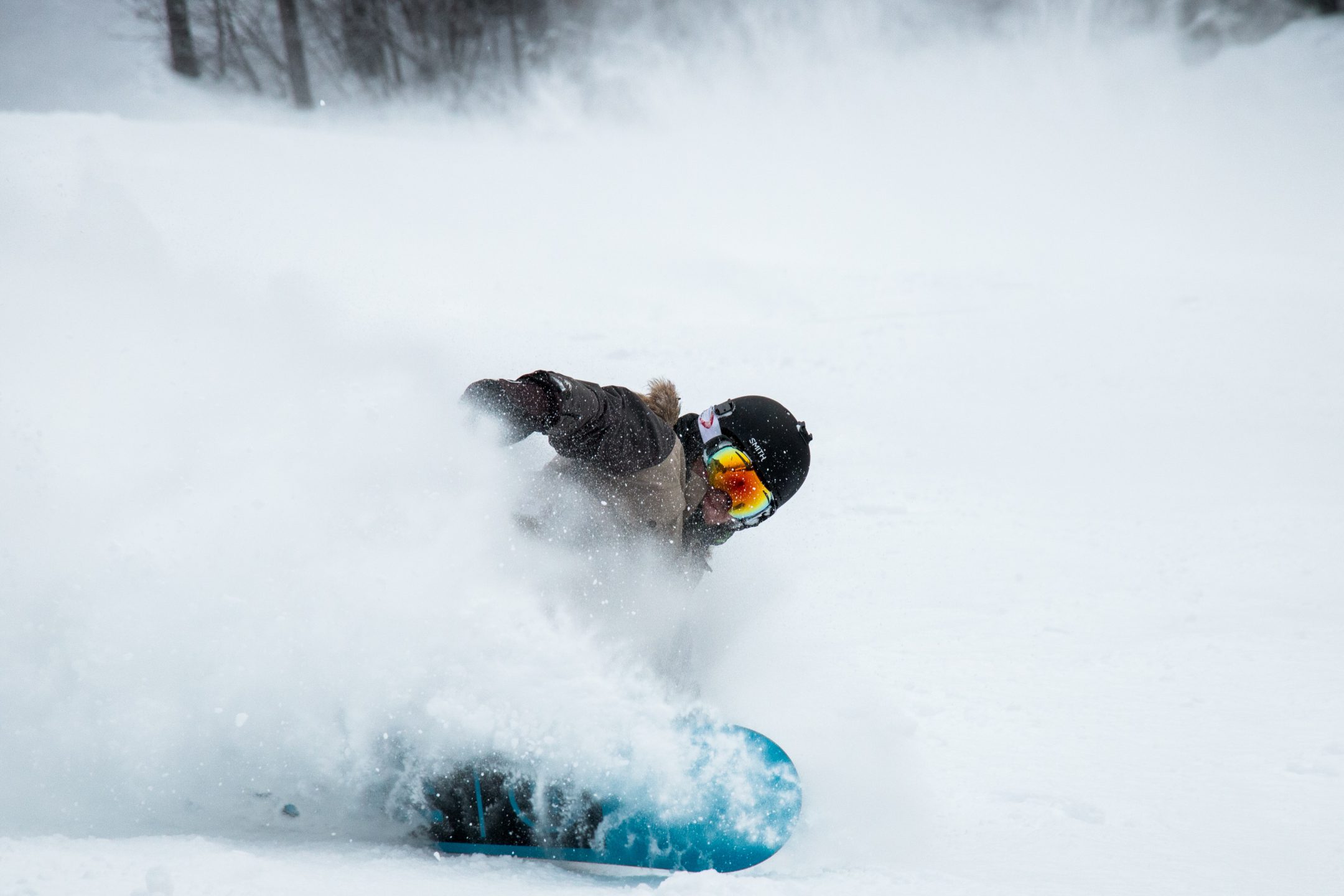In March 2016, Jason Apps (“Apps”) fell while attempting to complete a jump at Grouse Mountain in British Columbia, rendering him a quadriplegic.
Apps sued Grouse Mountain, but his lawsuit was dismissed by the B.C. Supreme Court in June 2019. Last week, a three-judge panel of the B.C. Court of Appeal overturned this decision.
WHAT HAPPENED?
In 2016, Apps, an Australian snowboarder, attempted to complete a jump at Grouse Mountain’s XL jump in North Vancouver. Apps undershot the jump and landed upside down on the jump instead of on the downslope. Apps was rendered a quadriplegic.
Apps filed a claim against Grouse Mountain ski resort in B.C. He alleged that Grouse Mountain was negligent in its design, construction, maintenance and inspection of the jump. He claimed that there was no safety aspect to the design of the jump and that the design of the jump maximized the risk of injury if a snowboarder loses their balance or if the snow conditions are slow. He also alleged that the ski resort failed to warn of the risk of serious injury.
The lawsuit was dismissed as the judge agreed with Grouse Mountain’s position that the ski resort was covered by an exclusion of liability notice posted prominently at the resort, printed on the lift ticket and that there were adequate warning signs posted around the mountain. The judge also found that Apps should have known of the risks given that he is an employee of a ski resort in Whistler.
THE APPEAL
Apps appealed the trial judge’s decision to the B.C. Court of Appeal.
There were two issues to be dealt with on the appeal.
- Whether Grouse Mountain had given reasonable notice that the waiver excluded liability for the company’s own negligence before Apps bought his ticket, not after; and
- Whether the fact that Apps had a season pass for Whistler Mountain and given his experience, he should have known of the waiver of liability for Grouse Mountain’s negligence.
Apps was not required to sign a waiver when he purchased his ticket to ski at Grouse Mountain. A large sign hanging over the ticket booth with the words “Please Read” contains the company’s waiver of liability. This sign includes a section stating that the resort is not responsible for its own negligence. A similar waiver was also contained on the back of the lift ticket. It was acknowledged by the trial judge that the wording in question was found in a hard to read section with many commas and semicolons and with no highlighting or emphasis.
The resort maintains that there were two large signs warning of the risks and responsibilities associated with skiing and snowboarding. Apps contends that he never read any of these signs or waivers and didn’t sign anything to exclude Grouse Mountain’s liability.
At the appeal, the court found that the trial judge erred in its decision that Apps was given proper notice given the hard-to-read ticket booth waiver.
The appeal court stated:
… only the steps Grouse Mountain took before and at the time of the issuance of the ticket can be taken into account in assessing whether Grouse Mountain took sufficient steps to give reasonable notice to Mr. Apps of the terms of its waiver, and in particular of the inclusion of their own negligence clause. … By the time Mr. Apps arrived at the Terrain Park, he had paid for his non-refundable ticket, taken the lift up the mountain, and had begun snowboarding. It was far too late to give notice of what was in the waiver. That had to be done at or before the ticket booth.
The appeal court also did not agree with the trial judge’s decision that Apps’ experience at Whistler Mountain and the fact that he signed an exclusion of liability waiver in Whistler proves that he should have had knowledge regarding Grouse Mountain’s waiver. The court stated:
Actual knowledge from Whistler was not proven, or even seriously alleged. [T]hat assumption is not transferable to satisfy Grouse Mountain’s obligation. … I do not think the fact that Mr. Apps had some previous awareness that when he signed an agreement at Whistler, he was waiving legal rights of some sort, can satisfy that obligation in this case.
This appeal court decision does not prove that Grouse Mountain was negligent and is therefore responsible for Apps’ injuries, but rather allows Apps to pursue his claim in court.
We will continue to follow this case as Apps proceeds to trial and will report any developments in the law regarding liability waivers and negligence in this blog.
In the meantime, if you or a loved one has experienced a serious personal injury or loss as the result of someone else’s fault or negligence, you may have grounds to pursue legal action against them in the form of a personal injury claim. Please contact the experienced personal injury lawyers at Cuming & Gillespie LLP for a free case evaluation online or by calling 403-571-0555. We are dedicated to providing you with the legal help that you deserve.

